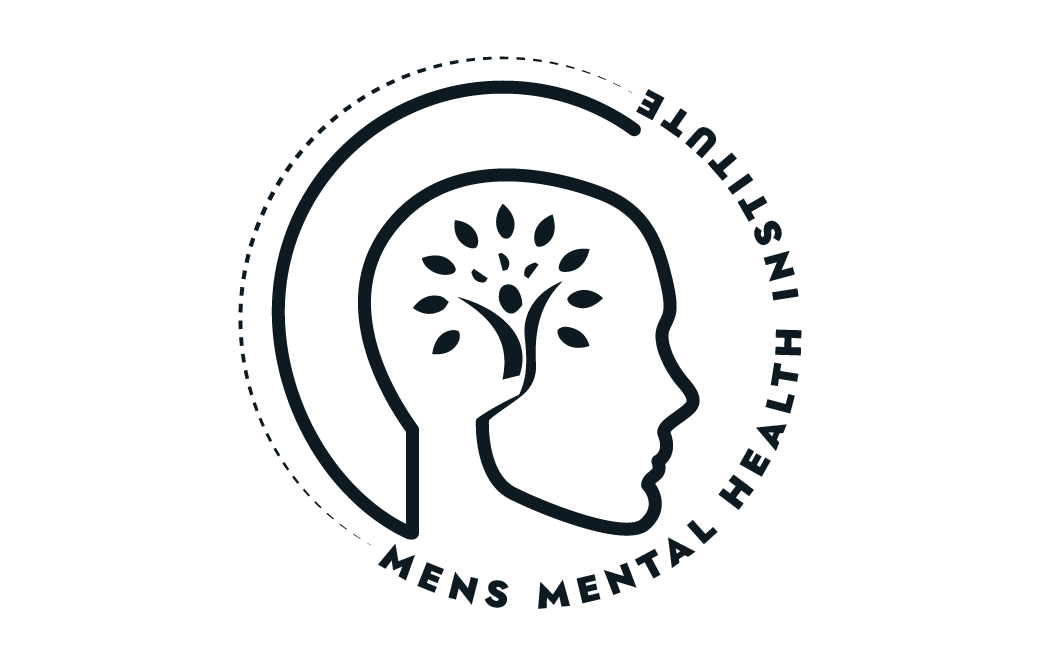Understanding Confidence Loss After Marriage Ends
A failed marriage can feel like a personal failure that shakes your identity and confidence to the core. This loss isn’t just emotional, it’s deeply wired in the brain and shaped by evolutionary and social forces.
From a neuroscience perspective, rejection and perceived failure activate the brain’s pain and threat centers, the anterior cingulate cortex and amygdala, triggering feelings of shame, anxiety, and social pain. This neurological pain can erode self-esteem and make it difficult to envision a hopeful future.
Evolutionary psychology tells us that humans evolved to seek secure bonds and social acceptance because our survival depended on community and cooperation. When a primary bond like marriage dissolves, it threatens that essential sense of belonging, triggering deep instinctual responses.
Social psychology highlights how societal expectations about masculinity, strength, success, and control, can intensify shame after marital failure. Men often feel pressured to “bounce back” quickly or suppress vulnerability, which paradoxically can delay genuine healing.
Human behavioral patterns show that confidence is rebuilt through mastery, connection, and meaning. But many men struggle with this process because of over-diagnosis and quick-fix mental health solutions that focus on symptoms rather than root causes or systemic factors like cultural narratives.
Therapeutic Strategies for Rebuilding Confidence
Cognitive Behavioral Therapy (CBT)
Helps identify and challenge negative self-beliefs and cognitive distortions fueling shame and low self-worth.
Narrative Therapy
Encourages rewriting your personal story, shifting from a “failed” identity to one of growth, resilience, and learning.
Acceptance and Commitment Therapy (ACT)
Supports accepting painful feelings without judgment and committing to values-driven action.
Mindfulness and Self-Compassion Practices
Help soothe the brain’s threat response and cultivate inner kindness, improving emotional regulation.
Solution-Focused Therapy
Guides men to set small, achievable goals that build momentum and tangible proof of capability.
What You Can Gain by Rebuilding Confidence
Mentally, you strengthen emotional resilience and regain a balanced self-image, not dependent on external validation.
In relationships, you attract partners who respect your authentic self rather than a façade of perfection.
Socially, you rebuild your support network with more genuine connections.
Professionally and financially, renewed confidence empowers clearer decision-making and risk-taking aligned with your values.
Rebuilding confidence after a failed marriage isn’t about erasing the past but integrating the lessons and emerging stronger. Therapy grounded in brain science, evolutionary understanding, and social context can help you reclaim your power and create a fulfilling next chapter.








